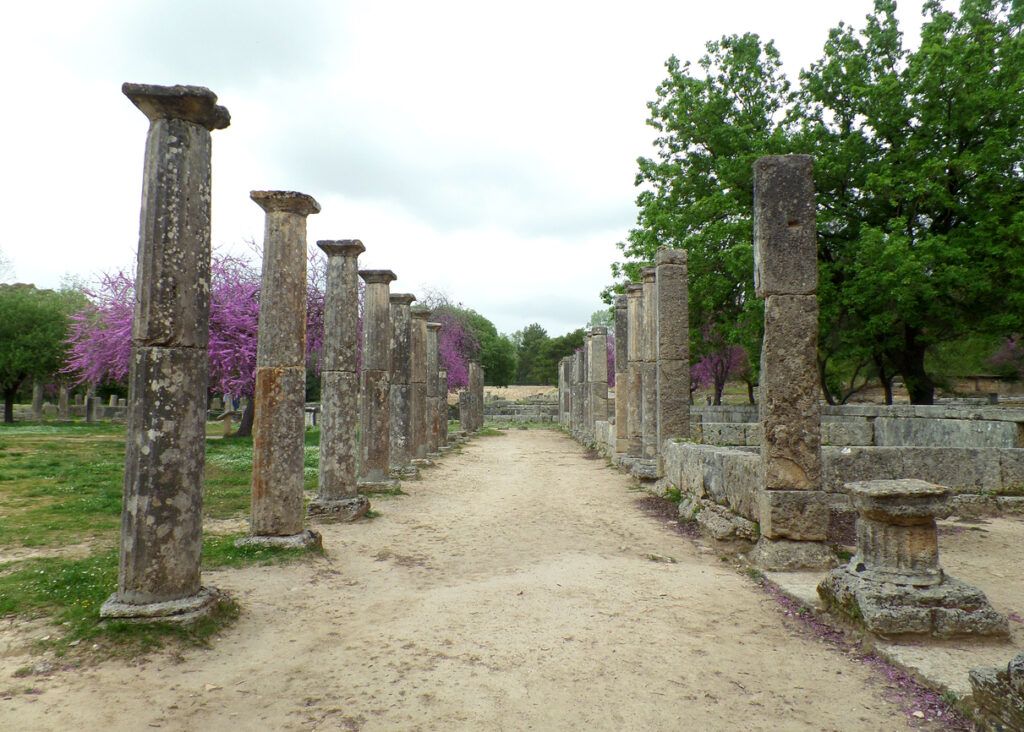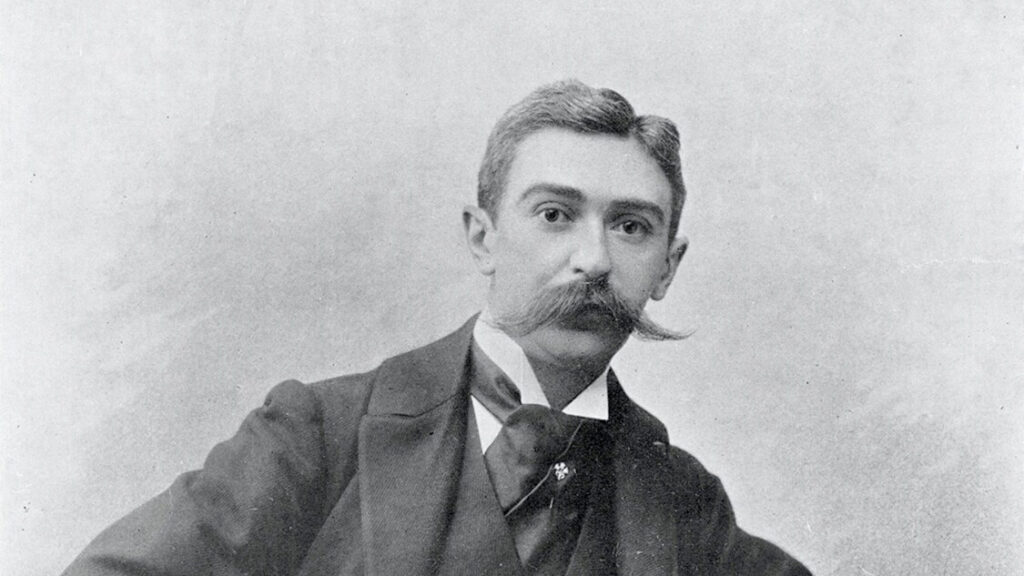International Women’s Day celebrates the achievements of women in politics, science, sports, and economics etc.
The origins of International Women’s Day can be traced back to 1908, when 15,000 women marched through New York City demanding shorter working hours, better pay and the right to vote. The first National Woman’s Day was observed in the US on February 28, 1909.

Also read, Let The Games Begin The History Of Olympic Day
Clara Zetkin, communist activist and advocate for women’s rights, was the first to suggest the idea that this day should be made inter- national. She suggested this in 1910 at an International Conference of Working Women in Copenhagen. There were 100 women there, from 17 countries, and they agreed to her suggestion unanimously. Pursuant to the decision taken at Copenhagen in 1911, International Women’s Day was first celebrated in Austria, Denmark, Germany and Switzerland on March 19.
The UN commemorated the first International Women’s Day on March 8, 1975. In 1977, the UN General Assembly declared March 8 as Inter- national Women’s Day in support of women’s rights and global peace.

Do you know why International Women’s Day is celebrated on March 8th? On February 23, 1917, women in St. Petersburg, Russia, staged a strike to protest against food shortages, poor living conditions, and World War I. This strike for “Bread and Peace” helped give rise to the Russian Revolution of 1917, which led to the abdication of Nicholas II. In 1921, the date of the International Women’s Day was officially changed to March 8. The date when the women’s strike commenced on the Julian calendar, which was then in use in Russia, was February 23. This day in the Gregorian calendar was March 8- and that’s when it’s celebrated today.
Did You Know?
International Men’s Day is celebrated on November 19. It has only been marked since the 1990s and isn’t recognised by the UN. People celebrate it in more than 80 countries worldwide, including the UK.
Watch Full video on, Everything you need to know about the construction of the Ram Mandir





